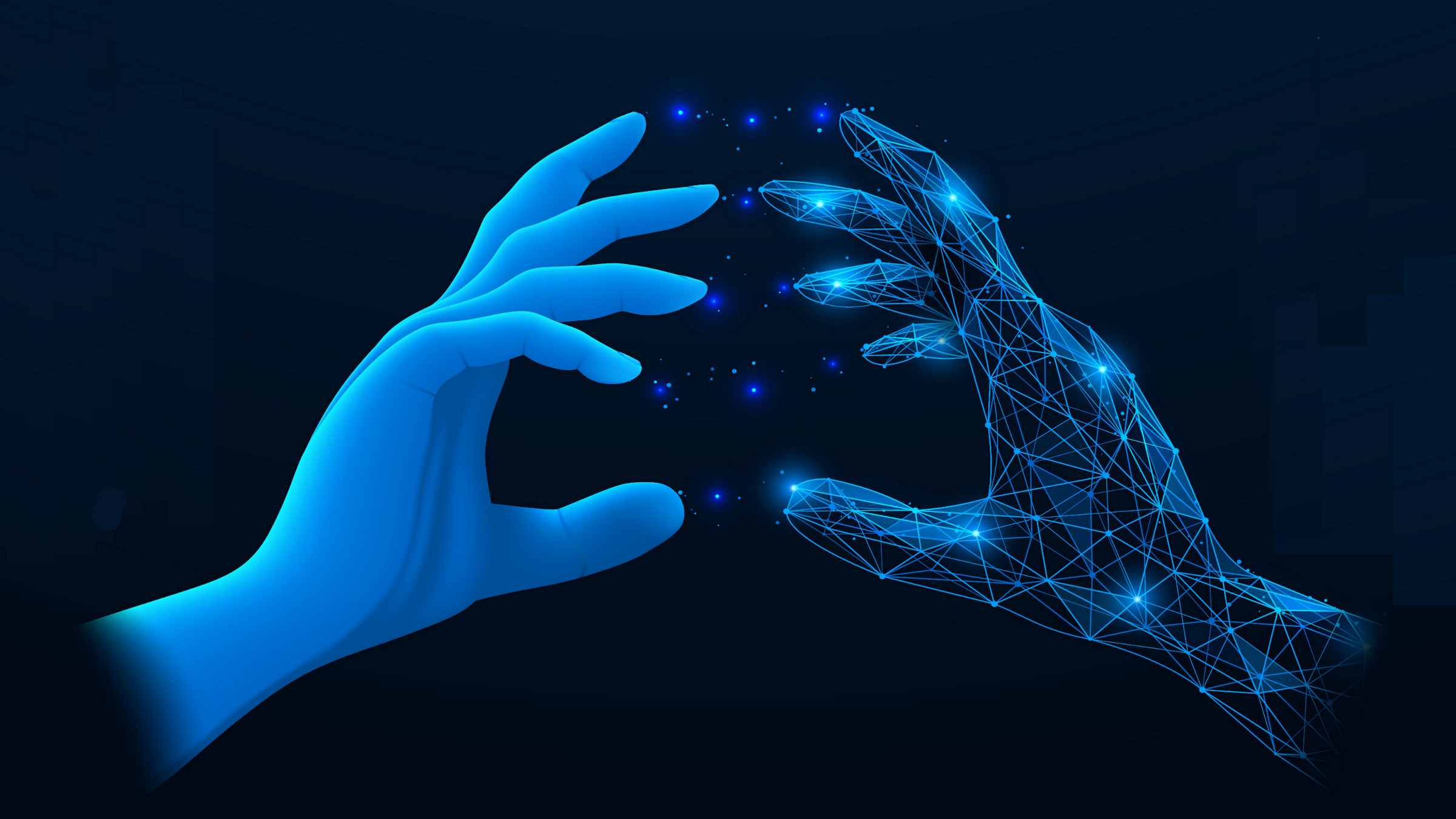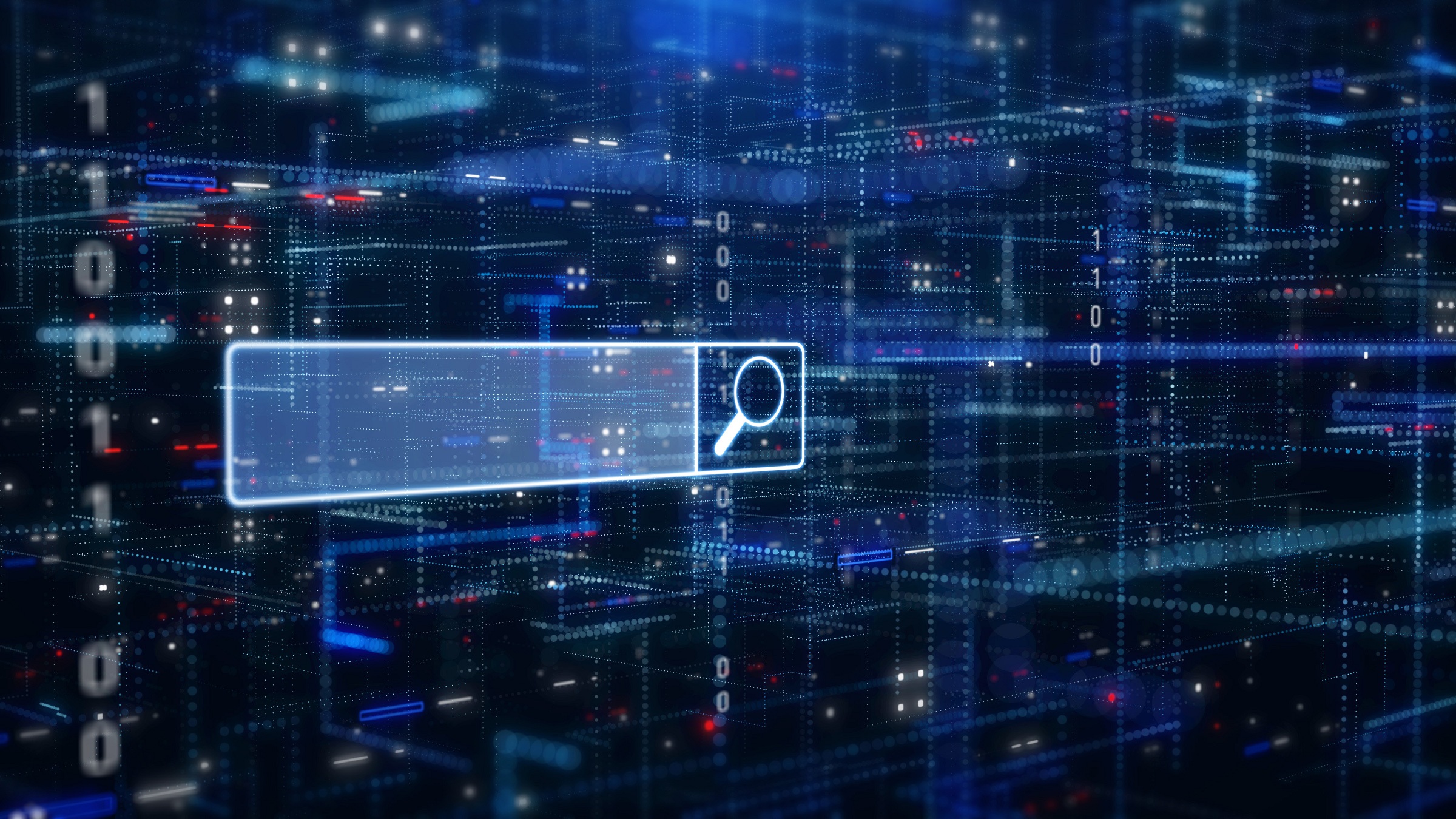How many times must a phenomenon occur before it graduates from a coincidence to a pattern? Usually, the answer depends on how unlikely, how far from the ordinary, and how (seemingly) inexplicable the phenomenon is. The more so, the lower the threshold.
I was very surprised (and pleased) to read of this year’s winners of the Nobel Prize in Physics: John Hopfield, a professor of Molecular Biology and earlier of Chemistry and Biology, together with Geoffrey Hinton, a professor of Computer Science. Their affiliations name three major scientific fields, none of them being Physics! The scientific community was shocked, some physicists were upset, but for all of us in Computing the citation was thrilling: “For foundational discoveries and inventions that enable machine learning with artificial neural networks.” Artificial intelligence (AI), an interdisciplinary field with Computing at its core, was the achievement being honored!
As if this was not enough, the next day came the announcement of this year’s winners of the Nobel Prize in Chemistry: David Baker, a professor of Biochemistry, cited “for computational protein design”; and Demis Hassabis, co-founder and CEO of Google DeepMind together with John Jumper, researcher at Google DeepMind, cited “for protein structure prediction,” which was often elaborated in the more extensive press releases by “using artificial intelligence models.” Both achievements advance our understanding of proteins, a central focus of (bio-)chemistry, the field of the award. Nevertheless, at the core of both were again computing and AI.
We were at center stage of two Nobel Prize announcements! Both events were so unexpected that I believe they are not a coincidence but form a pattern. Scientific walls and walls of prejudice are falling as Computing is becoming a fundamental discipline in the STEM family. These prizes put Computing and AI at the core of scientific discoveries, to the point that, as tools, they may be considered as worthy of recognition as the scientific results they produce. Unprecedented!
We have entered the era of the 5th Paradigm of Science and the study of nature. After the paradigms of empirical/experimental science (followed for millennia), theoretical model science (for centuries), computational science (for decades), and data-driven science as envisioned by Jim Gray (for about 15 years), the 5th paradigm has emerged: AI-driven science. It is not just the speed at which AI generates and analyzes data; even more valuable are the correlations (and sometimes the causations) that AI identifies that far exceed the reach of conventional research. Computing and AI are transforming our scientific discovery processes. Science represents an amazingly exciting frontier for AI, and AI represents the most exciting new instruments in the hands of scientists.
All of us researchers in academia and industry should be thrilled and proud of how Computing and AI have risen in prominence in the eyes of the entire scientific community.
The two Nobel Prizes also highlight the importance of interdisciplinarity between Computing and other fields. The mission of ACM calls for “… advancing the art, science, engineering, and application of computing …”. With few exceptions, the application of computing, that is, interdisciplinarity, has been outside of ACM’s radar. Given the centrality of our technologies in other sciences, ACM is now establishing collaborations with prominent sister societies to serve the needs of emerging areas formed as their corresponding disciplines meet with Computing and AI. Our community should seize the moment, redirect some of its efforts toward the uncharted territories that are opening before us, and conquer new frontiers!
Excited by the current successes of AI in scientific discovery, some push further and raise intriguing existential questions: Can we expect AI to transform from a tool to an actual researcher itself, pose and investigate scientific hypotheses, and eventually write papers about its work? If the work is reviewed by human experts who say the research is correct, novel, and interesting, why should we reject it? Eventually, could AI become a full peer of human researchers? Even if we reach that point, should a human always be in the loop, validating the scientific discovery and reviewing the AI-written paper (or its AI-written reviews)? These are questions that we must debate as a community. No matter what the answers may be, even the fact that we contemplate the existence of AI scientists is fascinating and a driver of exciting research ahead.
All of us researchers in academia and industry should be thrilled and proud of how Computing and AI have risen in prominence in the eyes of the entire scientific community. A scientific revolution is happening before our eyes, powered by Computing and AI. We should join our fellow researchers in other sciences and harness the power that modern Computing and AI technologies offer to understand the secrets of nature. In parallel, we should join forces with policymakers, governments, and civil society to ensure that our discoveries will be used responsibly for the benefit of all.




Join the Discussion (0)
Become a Member or Sign In to Post a Comment